Esteemed Faculty Group Disagrees with Censure of Katehi
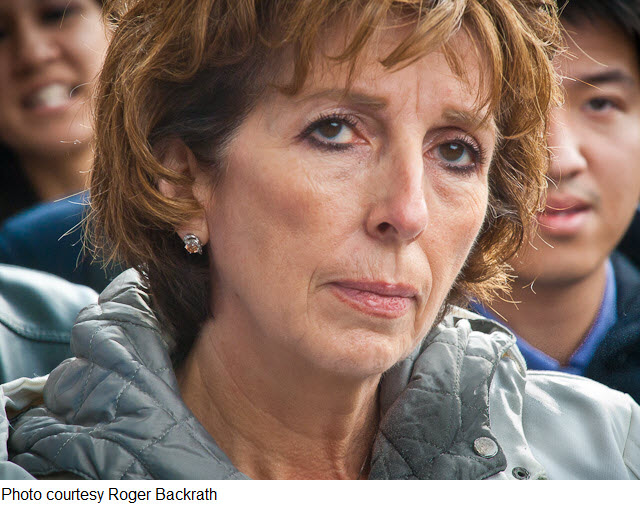 Not all of the faculty supported the decision by the Academic Senate to censure Chancellor Linda Katehi.
Not all of the faculty supported the decision by the Academic Senate to censure Chancellor Linda Katehi.
In a letter written by members of the UC Davis Association of the National Academies (National Academy of Sciences, National Academy of Engineering and Institute of Medicine) they “strongly protest the resolution passed by the Executive Council of the Academic Senate to censure Chancellor Linda Katehi for her response to the Nov. 18 incident.”



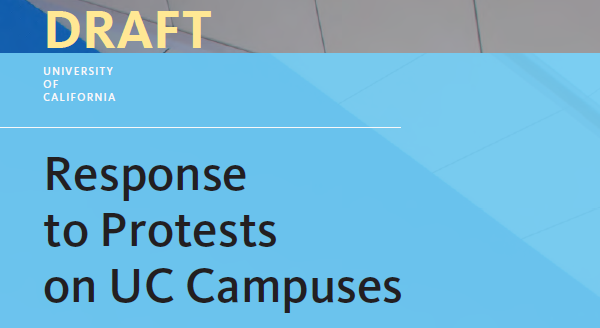 The University of California, as expected, has released a report that examines polices and practices related to UC responses to campus protests.
The University of California, as expected, has released a report that examines polices and practices related to UC responses to campus protests.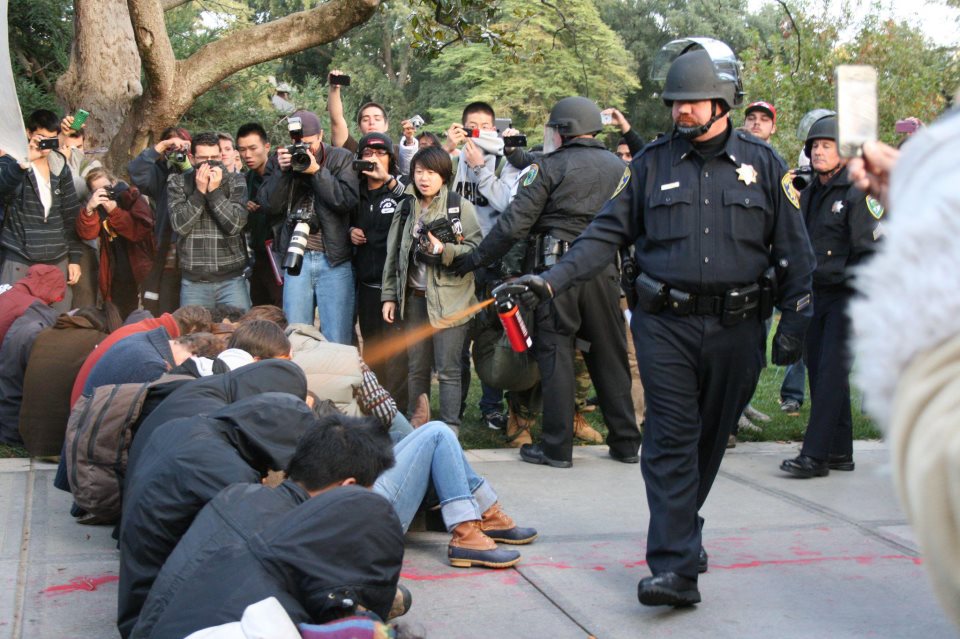
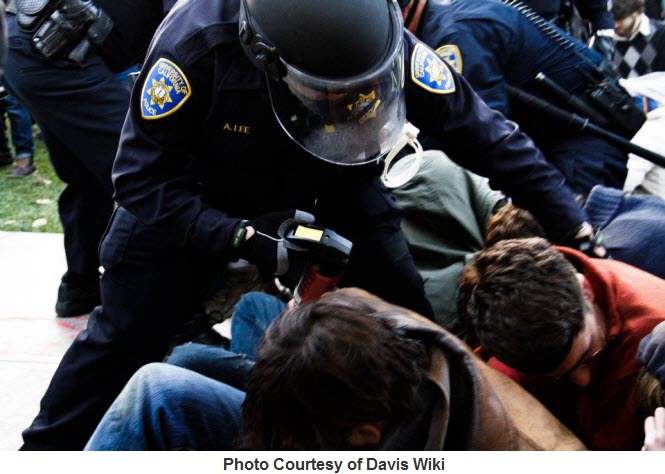
 While UC Davis and hopefully UC is looking at changes to their policing policies in the wake of controversial incidents last November on both the UC Berkeley and the UC Davis campuses, the City of Oakland has made headlines this week with announced changes to crowd-control policies, due to the Occupy Protests.
While UC Davis and hopefully UC is looking at changes to their policing policies in the wake of controversial incidents last November on both the UC Berkeley and the UC Davis campuses, the City of Oakland has made headlines this week with announced changes to crowd-control policies, due to the Occupy Protests.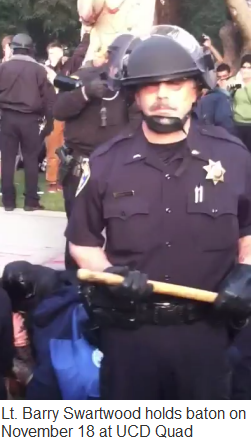 The Vanguard fundamentally disagrees with the decision to redact names in the Reynoso Task Force and Kroll Reports. We believe that responsibility needs to be taken appropriately by those whose decisions or actions contributed to this problem.
The Vanguard fundamentally disagrees with the decision to redact names in the Reynoso Task Force and Kroll Reports. We believe that responsibility needs to be taken appropriately by those whose decisions or actions contributed to this problem.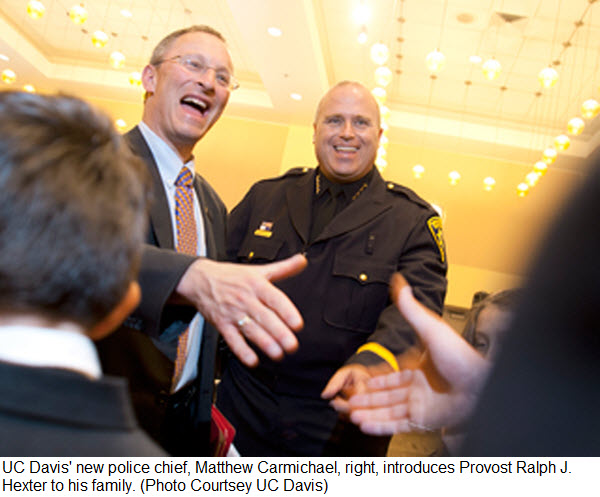 At one level, the hiring of Matthew Carmichael to be the Police Chief of the UC Davis Police Department seemed the obvious choice. He had already led the department since those fateful days following the November 18 pepper-spray incident, that led to the suspension of his predecessor and nationwide scrutiny on the department.
At one level, the hiring of Matthew Carmichael to be the Police Chief of the UC Davis Police Department seemed the obvious choice. He had already led the department since those fateful days following the November 18 pepper-spray incident, that led to the suspension of his predecessor and nationwide scrutiny on the department.

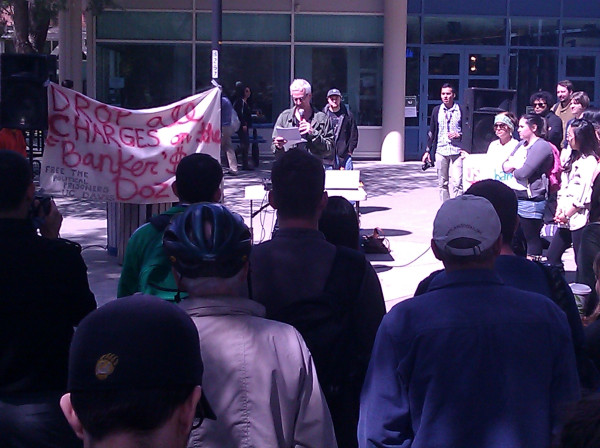 Thomas Matzat suffered nerve damage when he was one of 10 arrested for misdemeanors during the camp clearing operation back in November 2011. On Friday, he will be one of 12 arraigned on misdemeanor charges for his bank blocking actions and, reportedly, he will also be arraigned on felony vandalism charges.
Thomas Matzat suffered nerve damage when he was one of 10 arrested for misdemeanors during the camp clearing operation back in November 2011. On Friday, he will be one of 12 arraigned on misdemeanor charges for his bank blocking actions and, reportedly, he will also be arraigned on felony vandalism charges.
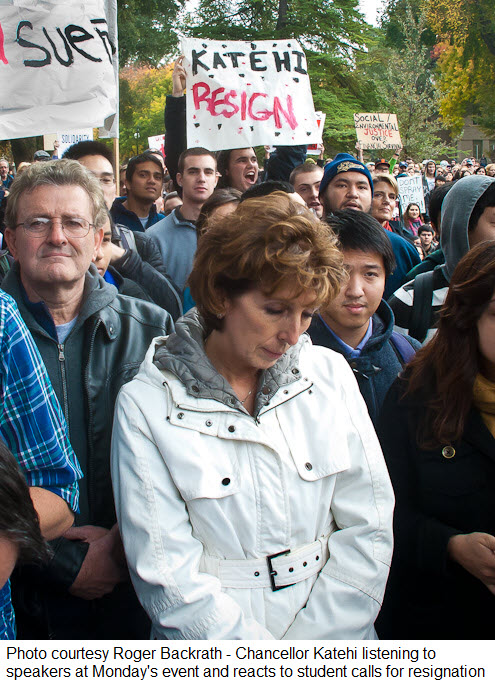 The Vanguard has not completed its person-by-person analysis just yet. On Tuesday, Chancellor Katehi made her first public comment on the release of the report.
The Vanguard has not completed its person-by-person analysis just yet. On Tuesday, Chancellor Katehi made her first public comment on the release of the report.